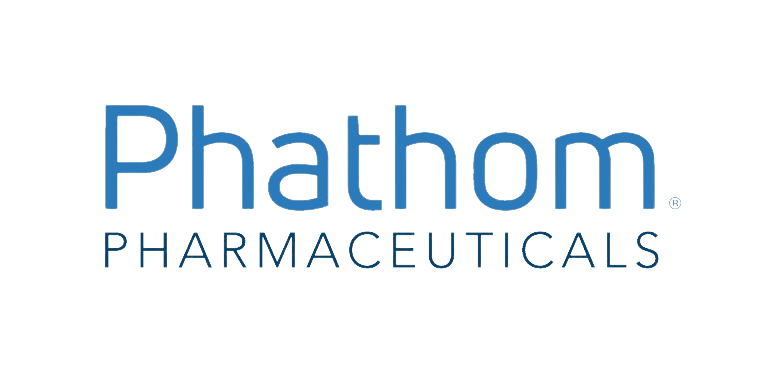The surgical procedures to treat gastroesophageal reflux disease (GERD) may be performed through the abdomen or the chest and can be done open [through a regular large incision] or laparoscopically.
What is Laparoscopic Surgery?
Laparoscopic surgery is minimally invasive and has certain postoperative advantages. It is called minimally invasive because of the small incisions that can be used. It is important to be aware that “minimally invasive” describes only the surgical technique.
A laparoscopic fundoplication surgery to treat GERD or hiatal hernia is still major surgery and the patient and surgeon should think of it in that light. Only an experienced surgeon who has done many laparoscopic operations should perform it.
Laparoscopic surgery has many of the risks for major complications that open surgery entails. The primary advantage of minimally invasive surgery involves the degree of patient discomfort following the surgery and the patient’s recovery time; both are decreased following laparoscopic surgery when compared to open surgery.
Adapted from IFFGD Publication: GERD, Hiatal Hernia, and Surgery by J. Patrick Waring, MD, Digestive Healthcare of Georgia, Atlanta, GA.








